How to generate more collagen in a vegan or vegetarian diet
|
Listen to this article
Getting your Trinity Audio player ready...
|
Generating collagen from your diet requires specific vitamins and minerals. So what do we need to be looking out for?
As we age, our bodies produce less collagen. Our skin is built of 95 per cent collagen, which is responsible for its ping-back-ability. As it reduces, fine lines and wrinkle begin to appear.
By increasing ingredients in our diet that help build and protect collagen, we can support and nourish our skin. You’ll reap the benefits of reduced fine lines, and an increase in the skin’s UV protection.
But collagen isn’t just about your skin. The same nutrients that keep your skin youthful are required for flexible joints, strong bones and a healthy gut. They’re all made of connective tissue, and therefore all require the same raw materials. The largest of which is collagen.
Building collagen in your diet
Collagen is a protein structure, which we can create from amino acids. Although amino acids are the basis for building collagen in the body, you’ll need extra minerals and nutrients to complete the repurposing of the amino acids.
Here are the specific vitamins and nutrients you’ll need to support the production of collagen, and what foods you’ll find them in.
Vitamin C
Fruit is a good source of vitamin C, and so are green leafy vegetables, onions and herbs. The less cooked the better – so garnish meals with fresh herbs in the winter to increase your intake.
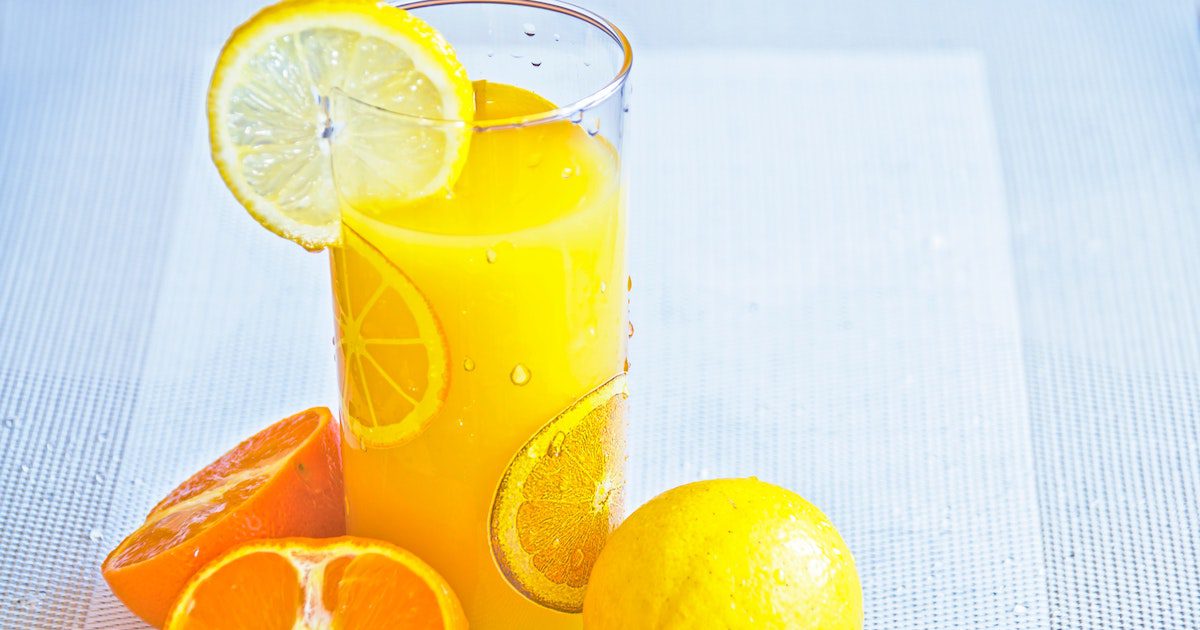
Vitamin C is also an antioxidant, which means it can protect the skin from sun damage and other causes of photoageing. High levels of vitamin C were given to 4,025 women aged 40-74 in one study, and they reported fewer wrinkles and an improvement in dry skin.
Copper
Nuts and seeds are not just great for proteins, they are also a good source of copper, another co-factor for making collagen – and you may be pleased to hear that so is dark chocolate.
Iron
Tofu, beans, chickpeas, lentils, spinach and chard are useful vegan sources of iron – and so is dark chocolate. Eating them with something rich in vitamin C helps you to absorb more of this mineral, so fruit dipped in dark chocolate, perhaps, or a chickpea salad with raw baby spinach leaves. If you like blackstrap molasses, that’s also excellent for iron – it’s great in porridge and flapjacks.
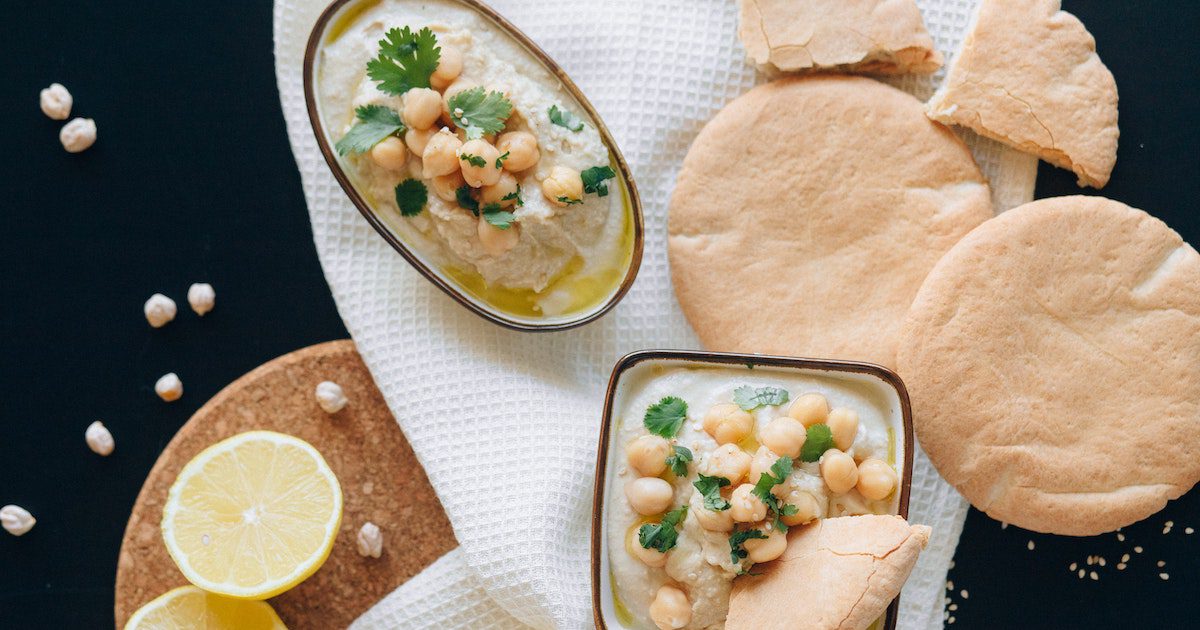
Vitamin E
Vitamin E is known to help reduce collagen degradation, and a number of studies have also looked at how well it works in combination with vitamin C and other antioxidants.
You can find vitamin E in nuts, seeds, spinach, chard and avocados. There’s a bit of a theme developing here in terms of foods rich in collagen ingredients – time for some nutty spinach salads, perhaps?
Zinc
Zinc deficiency can have a detrimental effect on collagen production, but you can get plenty of zinc from nuts and seeds too. Zinc-rich foods like nuts were among those associated with fewer wrinkles in a Monash University study of 453 elderly Greeks, Swedes and Australians.
You can also get good levels of zinc from tofu, lentils, chickpeas and oats.
Silicon
Silicon is understood to help form crosslinks in collagen that provide structure and enable some of collagen’s properties and functions.
The most silicon-rich foods are green beans, bananas, wholegrains – and beer! Unfortunately alcohol seems to be one of the causes of collagen degradation, though, so go easy on those craft ales.
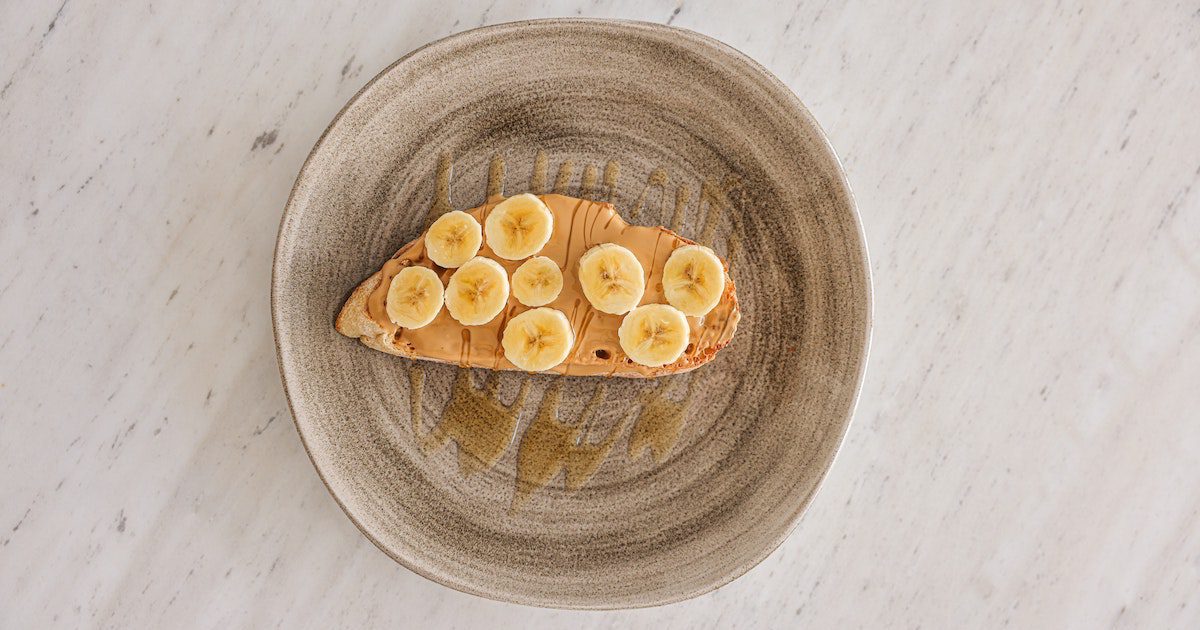
Research suggests that we absorb less silicon the older we get, especially females, so we may need to top up with a supplement – or eat lots of green beans and bananas.
Collagen protection
Some nutrients can protect the collagen that you’re making from sun and smoke damage, as well as natural ageing. Eating a rainbow of fruit and vegetables will give you a broad range of these, as many of them are pigments that give foods their colour. Some that have been studied for their skin protection include:
Lutein and Zeaxanthin
Lutein and zeaxanthin are both yellow pigments found in dark green, leafy vegetables including spinach and kale. Lutein seems to be able to protect the skin by absorbing blue-light and quenching free-radicals that may be produced in the skin after exposure to sunlight.
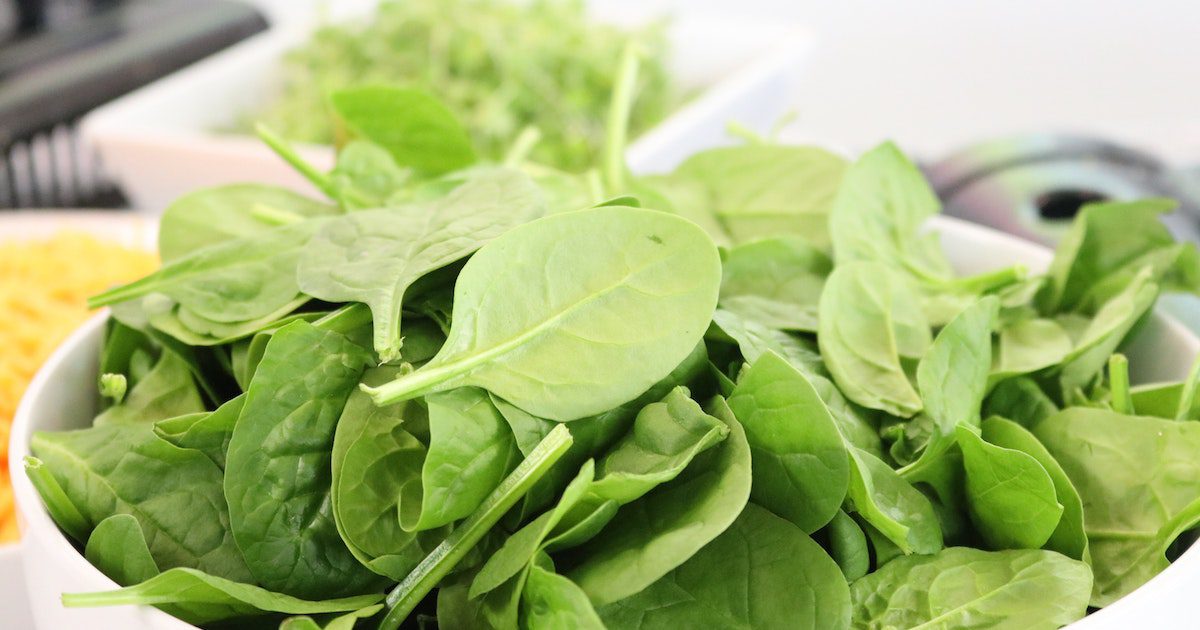
One study showed that a daily dose of 10mg lutein was effective at improving skin quality, but adding zeaxanthin more than doubled the benefits. Skin hydration increased by 60 per cent, skin elasticity by 20 per cent and the amount of superficial lipids present in the skin by 50 per cent. Those same lipids were oxidised 64 per cent less than without the lutein and zeaxanthin, so that’s a significant amount of protection. This is no surprise, as nutrients that are found side by side in nature often work together synergistically.
Resveratrol
Resveratrol is another antioxidant known to protect human skin from UV damage. It’s in chocolate (again!), as well as in red wine, especially from grapes grown in more northern climates as the skins make more resveratrol to protect against mould. A square or 2 of dark chocolate a day and a couple of small glasses of red wine a week may be more than sufficient, though – more than that may be counterproductive due to the alcohol and/or sugar they contain. So get the good stuff and savour it slowly.
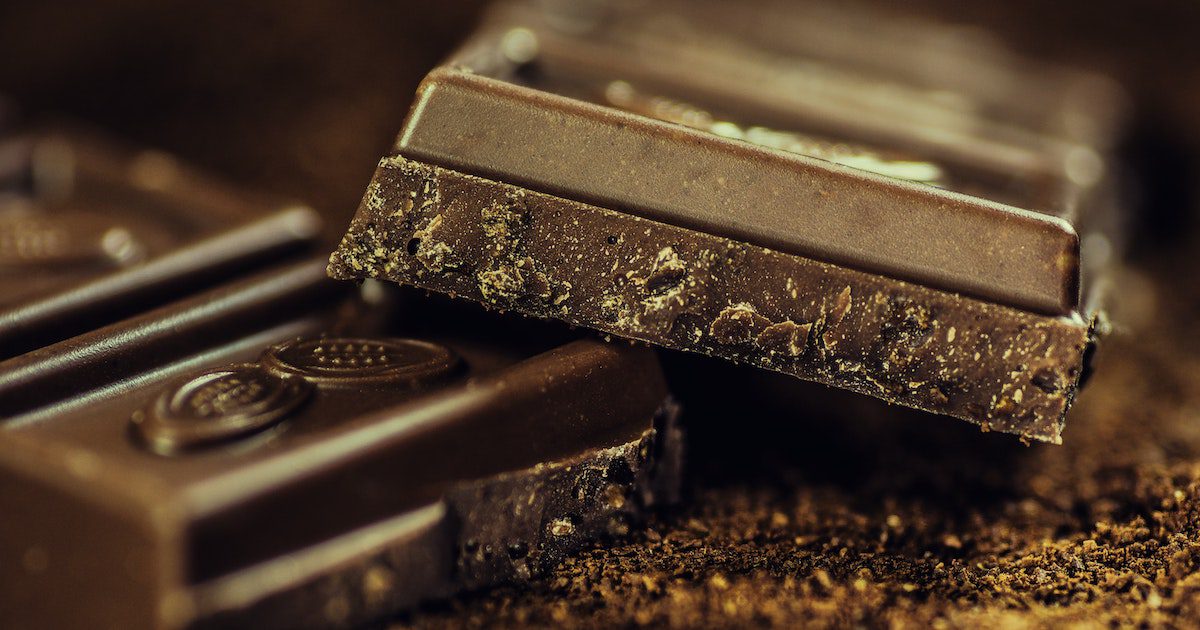
Hyaluronic hydration
Finally, it’s not just about the collagen. Your skin also needs to be plump and hydrated. Yes, you need water for this, but you also need a magical substance called hyaluronic acid that helps draw water into your skin.
NAG
You make hyaluronic acid from N-acetyl glucosamine – or NAG. A small 2001 study gave 53 women a food supplement that contained NAG alongside amino acids, minerals and antioxidants for 5 weeks. They had a 34 per cent reduction in the number of both visible wrinkles and fine lines compared to the control group who didn’t take the supplement. NAG is often marine derived, but can also be synthesised from corn, so check you’re taking the vegan form if you are fish-free.
How often should you include collagen nutrients?
Your skin renews itself every few weeks, the process generally slowing as we get older. So you need to include daily support, but you may not see results straight away.
Even if you are taking a collagen supplement or using a collagen cream, you might benefit from including nutritional support for your skin. Studies are starting to show that what you eat alongside collagen supplements affect how well you digest and absorb them, and their subsequent impact on your skin health.
There are also vegan supplements that contain some or many of the nutrients above, such as:
- Raw Beauty Lab’s Vegan Collagen Superfood
- Cytoplan’s Vegan Collagen (contains Vollagen)
- Together Health’s Beautiful Hair, Skin & Nail
- My Vitamin’s Plant Collagen powder
- Viridian’s S.P.F. Skin Pro-Factors
- Vivo Life’s Plant Protein Collagen Builder
And remember that these will all nourish your bones, joints and digestive tract too.
So whether you’re after glowing skin with healthy ping-back-ability, or a full range of health benefits, get some vegan collagen support in your diet every day.

Kirsten Chick is a nutritional therapist and lecturer, and author of Nutrition Brought to Life.
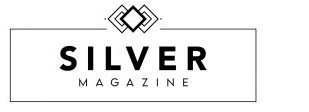
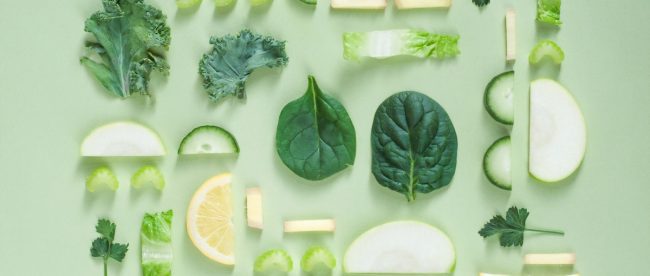

Leave a comment